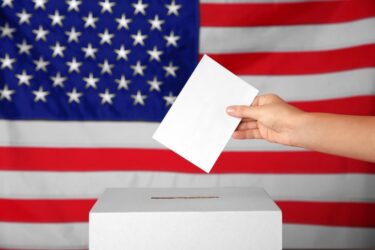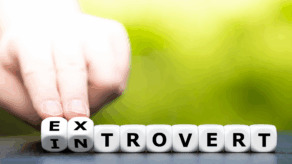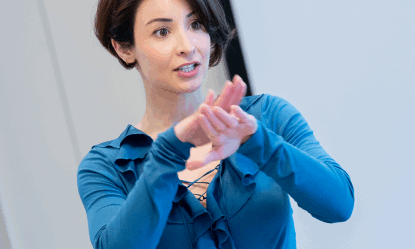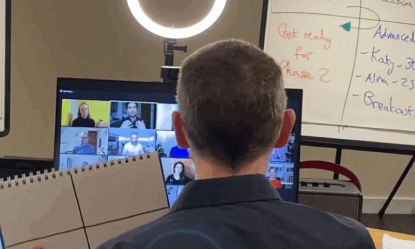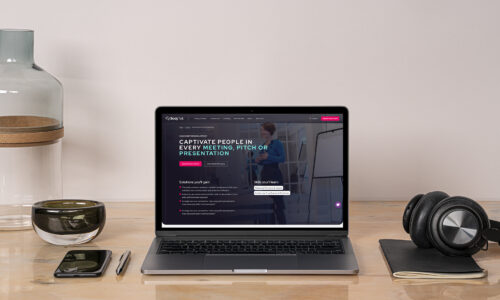“It takes a leader who can emotionally connect with the voters”
Will Kamala Harris Be the Next US President?
There has been a lot of media attention on Senator Harris since the first live Democratic Debates in the 2020 election race. But can she make it across the finish line at the election?
To do so she’ll need to win over the Democratic party and gain their nomination. This means rallying the emotional support and enthusiasm of millions of people. How can we predict who is most likely to achieve this?
For me, there is one indicator that has proved reliable when analysing televised election debates over the past decade, that I believe is more important than the rest.
The next time you watch a TV debate try this — if you count the number of emotional reactions you hear an audience make, when a person speaks, you can gauge how strongly they feel about each candidate. This will give you a much clearer assessment of how the general population may react, than by comparing their policies.
This may seem overly simplistic. I’m certainly not suggesting that you can guarantee an election win from this, nor that the person who gains the most cheers will be the best leader. All I’m saying is this — elections are emotional. They are won by ‘swing voters’. Some people will always vote for one party or another, so it’s the people in the middle who need to be convinced. It is not legally required to vote. You need to emotionally compel someone to book time off work, travel across town, queue up for hours and vote for you. That takes more than intelligent policies. It takes a leader who can emotionally connect with the voters. If they can convince you with logic too that gives them a winning package.
For example, when I was interviewed on BBC Radio in 2015 I explained that Nicola Sturgeon, representing the SNP, gained six times the number of positive reactions from the live audience compared to Ed Miliband for Labour. At the election the SNP increased their seats from 6 to 56, while Labour lost 40 of their seats directly to the SNP.
In the Democratic 2020 race, Harris has so far gained the greatest audience reaction.
She had many things going for her. Her soundbites were delivered with ease, passion and impact. She directed a strong message about racism at the lead candidate, Joe Biden, and landed her point successfully. She even calmed down a rowdy stage by rising above the noise to say, “People don’t want to hear a food fight, they want to hear how we’re going to put food on their tables”. While this is obviously a rehearsed line, few people could deliver this fluidly, in the heat of a debate, and make it sound natural.
Her voice can build from a conversational steady pace, up to a roaring crescendo, winning her several rounds of applause in a single sentence. Her eyes show clear emotion and resolve. Plus she is able to speak in simple terms and tell stories that draw us in.
All of this led to her coming up on top of the 20 candidates at the debates so far, based on audible audience support.
This is how I measured the reactions that each candidate gained. During their debates I listened out for the following and created a score for each person:
Quiet applause when you finish speaking = 1 point
Loud applause when you finish speaking = 2 points
Positive laughter = 2 points
Quiet applause halfway through speech = 2 points
Loud applause halfway through speech = 3 points
Whooping and cheering = 3 points
And these were the scores:
Democrat scores in order
Kamala Harris 55
Julian Castro 51
Bernie Sanders 50
Joe Biden 45
Pete Buttigieg 39
Cory Booker 33
Eliz Warren 24
Tulsi Gabbard 22
Tim Ryan 20
Marianne Williamson 19
Beto O’Rourke 18
Amy Klobuchar 17
Eric Swalwell 17
Bill De Blasio 16
Kirsten Gillibrand 16
Michael Bennett 15
Jay Inslee 13
John Hickenlooper 11
Andrew Yang 8
John Delaney 9
It’s important to note that the 20 candidates were split up across two evenings. The audience on the second evening was louder than the first (Harris spoke on the second night). I also feel that Castro gained a higher score than others due to one especially vocal Latino audience member, who even cheered loudly when the word ‘Latino’ was used by a member of the media panel.
Following this score, here are a few predictions we could make:
- Andrew Yang and John Delaney will likely soon leave the race, they didn’t make much of an impact on the audience.
- I would be surprised if anyone gaining below 18 points is still in the race in January, even though I personally liked Kirsten Gillibrand’s style. She had a passionate voice and lots of intelligent points. She just lacked the punchy soundbites and vocal lift that is required to gain applause from the crowd. However, perhaps she made enough impact to gain a high-level job offer in a Democratic administration.
- Although Marianne Williamson gained a score of 19, the media have strongly criticised her for not having enough concrete ideas. It is important to win people over emotionally AND logically. So I doubt she’ll win this race.
- Previously O’Rourke had gained a lot of media attention, and I do feel he has a strong voice at times, but he can appear rushed and his voice is often breathy, which lowers his impact at key moments, when he could have won more applause.
Overall, my best guess is that the nominee for the Democratic party is in the top 7 scores that I’ve highlighted above, but unlikely to be Castro. The Democratic party should feel delighted to have such a diverse group in that top 7, with people of different race, sexual orientation and a mix of men and women.
Do let me know your view on the candidates, I’d love to hear your emotional reaction to each of them. And tune in to the next debate with a different perspective — listen through the ears of the audience. This may give you an early indicator about who may be the next leader in the White House.
To learn more about how we can help you please contact our team.
